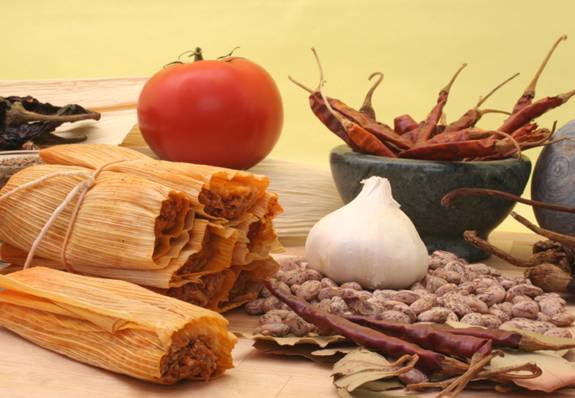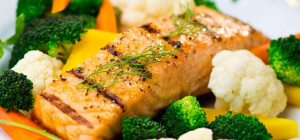Let's face it, being old is not so bad. You have so much free time to do whatever you want, travel, watch TV or even to finally learn how to knit, and you can spend all the time in the world with your family, grandkids and friends. But on the other hand, your body is changing and you are discovering that you now have special needs, especially related to the food you eat. Some things are functioning in a different way than before, you will need to lead a healthier life than you used to, and all that will need to be supported by a diet that is full of nutrients, vitamins and minerals.
Your appetite might also change and some food that you used to love might not agree with you anymore, and here is a list of nutrients that your body will need if you plan on living well into the old age.
Calcium

The importance of calcium is emphasized during our whole lives, and it is especially important for children that need it in order to develop all the bones, and older people-that is you-if you want to fight different problems with your joints and diseases related to bone loss. Osteoporosis is usually related to women, but it can also present some kind of problems to men, too, and a healthy diet with a lot of calcium will prevent and slow down any bone-related illness. Calcium can be found in most dairy products, so it is a good idea to eat a lot of milk, cheese or yoghurt, but it can also be found in fish. The ideal amount a healthy person needs daily is about 700 mg of calcium.
Vitamin B
This vitamin is extremely important for different bodily functions, and it plays an important role in the formation of blood cells and it benefits the nervous system. Some B vitamins are related to slowing down the development of certain diseases related to the central nervous system, such as Alzheimer's. The lack of this vitamins will also do a lot of damage to your immune system, as it is an important ingredient for creation of antibodies that fight off infections and illnesses. These tablets can be bought in any supermarket store, but you should always ask your doctor about a recommended dosage.
Vitamin C

This is a good antioxidant that will ward off a lot of infections and will speed up healing, but it is probably most famous for its use when fighting the common cold. It is really common in nature, especially in fruits and vegetables, so you will probably get enough of it if you have a diverse diet. There is a lot of it in citrus fruit, as well as in peppers and tomatoes. It is important because, like many other vitamins, it cannot be naturally produced in our body, so we need to introduce it via our diet. Lack of vitamin C will lead to scurvy, which is a disease that targets different systems in our body. If your doctor agrees, you can increase your daily intake by buying special pills in any pharmacy or ordinary supermarket.
Proteins

Proteins are building blocks of our body, they are especially important for our muscles and other internal organs. A recommended daily intake is about 1 grams of protein per kilogram (which is more than required for a middle aged person). Proteins can be hard to obtain, as they are mostly found in animal meat or egg whites, not in pastas or other foods we consume daily, and can be quite expensive if you're looking to buy them as a dietary supplement. Always look at the ingredients label if you want to know how much protein does a particular product contain. In general, having a healthy diet should require only minor adjustments in your everyday life, and asking a doctor or your dentist for advice can be a great way of finding out what is best suited for your needs. If you can't eat because you have problems with your teeth, even that can easily be solved, since there are great solutions available, and you won’t even feel a difference between your old teeth and the new replacement.
Shared by restonvadentist.com.








